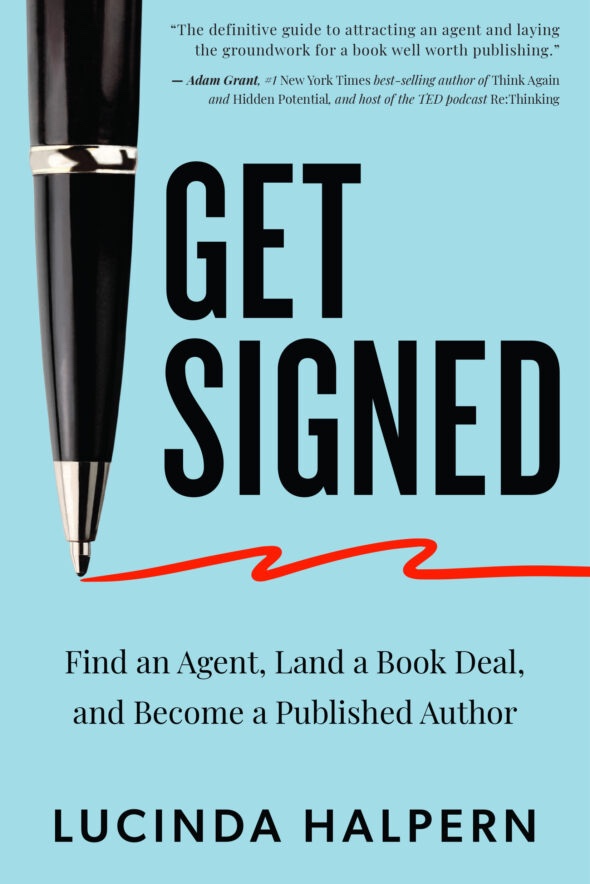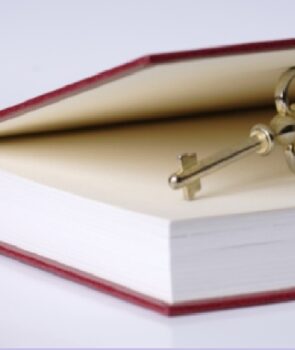Search
How to Make Your Book Look Like a Bestseller
If you attend coaching sessions with Lucinda or have participated in one of our events, you know that one of the things you’ll hear her emphasize time and time again is the importance of comparative titles, known in the industry as “comps.” Comps refer to lookalike books, books that “look like” yours: the authors have a similar profile, share a similar audience, or are similar in theme.
Comps should feature in both your query letter and your book proposal. They can make a world of difference, summoning the imagination of agents and editors to believe they could be holding the next blockbuster in their hands.
You can get really creative with comps—and that can work superbly well—when you juxtapose a specific element of one comparative title to yours (like its “lyrical prose”) against another element of a different comparative title (such as “In the way TITLE A did for the topic of B, my book will provoke a global conversation around the topic of C”).
And comps no longer need to be conceived of as books alone! They can be popular television series, podcasts, or other zeitgeist-y entities that have proven, popular consumption. Editors are widely versed in media and popular culture, not simply in books, so think broadly and commercially.
When compiling comps for your own book, approach it like this:
- Choose titles that have been published in the last two years. You can choose a timeless bestseller dating back to many decades ago, but if you do, you should be prepared to argue its currency, and lean on more recent comps to counterbalance.
- Choose titles that have over 50 reviews (and even better if they’re into the hundreds). This, or any bestseller list mention, is your best guess at the book having performed well.
- Do not include only household names. Glennon Doyle, Brené Brown, John Grisham… I will always encourage you to shoot for the stars, but you’ll meet less skepticism if you choose smaller successes.
- If you’re hoping for a certain major agent or publisher, make sure your comps reflect titles published by the houses you’re striving for. If your research suggests that similar books are published by niche or academic publishers, or are self-published, this is signaling to an agent or publisher that your idea isn’t big enough.
- Not sure which comps are right? No one is; agents and publishers will have their own opinions. But like an SAT test, don’t leave this part blank…take your best guess!

Here’s an example of a query letter that uses comps effectively:
“We’re at a special moment in the de-cluttering sector. It’s not that it’s new; experts like Peter Walsh and even Julie Morgenstern have been penning bestsellers about tidying for decades. But what is new is the level of hunger for decluttering–and the need. Marie Kondo, whose books include the #1 New York Times bestseller THE LIFE-CHANGING MAGIC OF TIDYING UP and SPARK JOY, is the latest bona fide craze.
I believe I have a unique perspective and patented method that can make [TITLE] that book for tidying. I am an American woman who has worked with over 1,000 clients (both Walsh and Kondo are foreigners, Australian and Japanese, respectively). I have a personal relationship to clutter, and as such, I look at de-cluttering through a more emotional, spiritual, and permanently helpful lens, as well as being a black belt in the physical elements of tidying. Many of my clients, in fact, have employed Kondo’s “KonMari” method, but need something more fundamental to solve their problem. I’d like to share my approach with the millions of Americans looking for a lasting way out of the clutter trap.”
Like Hollywood, publishing is a lookalike business, and each of those words are operative. If something has performed successfully in terms of sales or critical acclaim, a publisher will be more inclined to take the financial risk on a new title that holds similar promise.
If you haven’t researched and articulated comps as part of your pitch, you are missing one of the most valuable opportunities to sell your book.
To learn more about this and other query strategies in depth, our most recent Letter Better Workshop is now available on demand.
Happy comp-ing!
If you’re just starting out, explore our beginner resources on Get Signed








